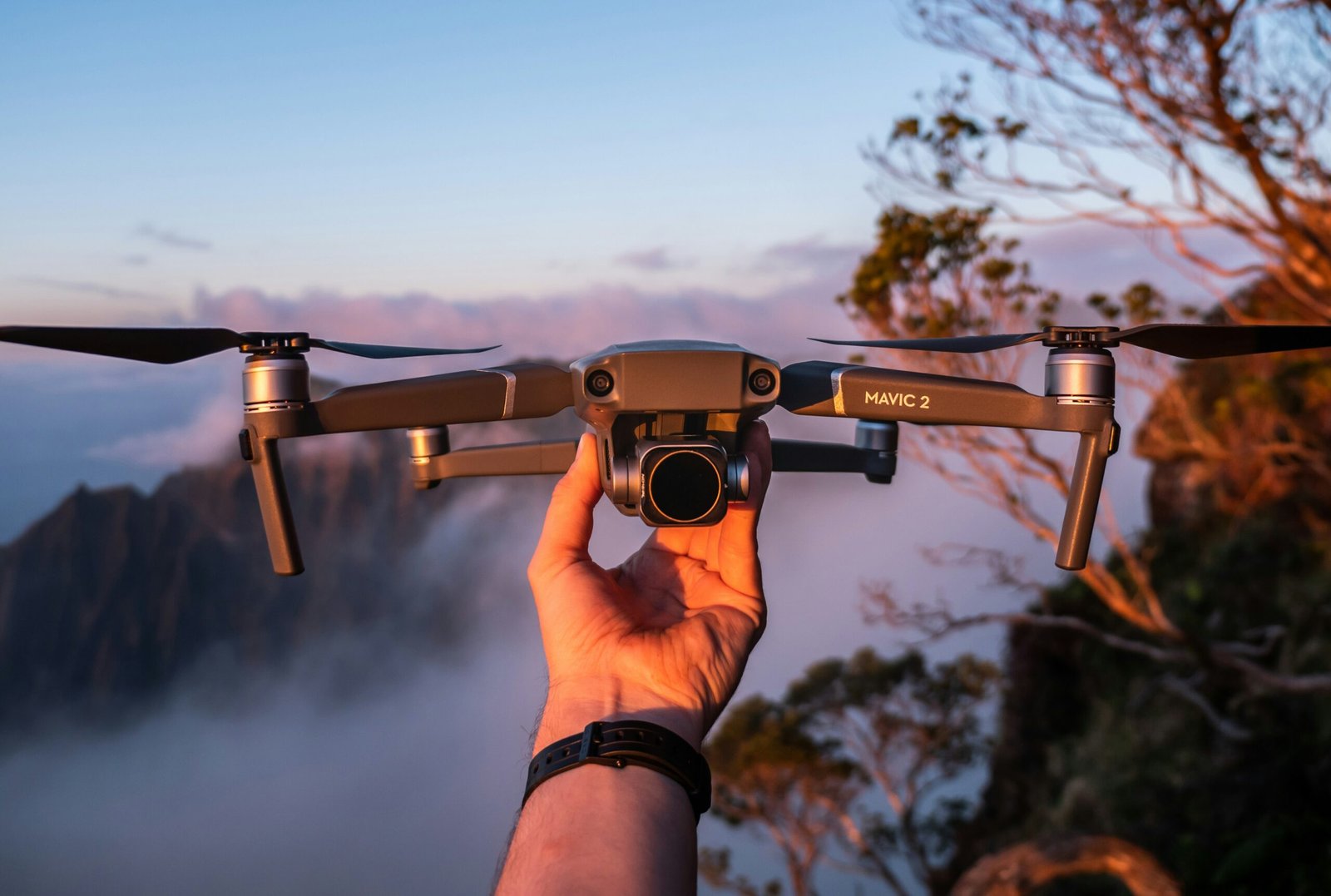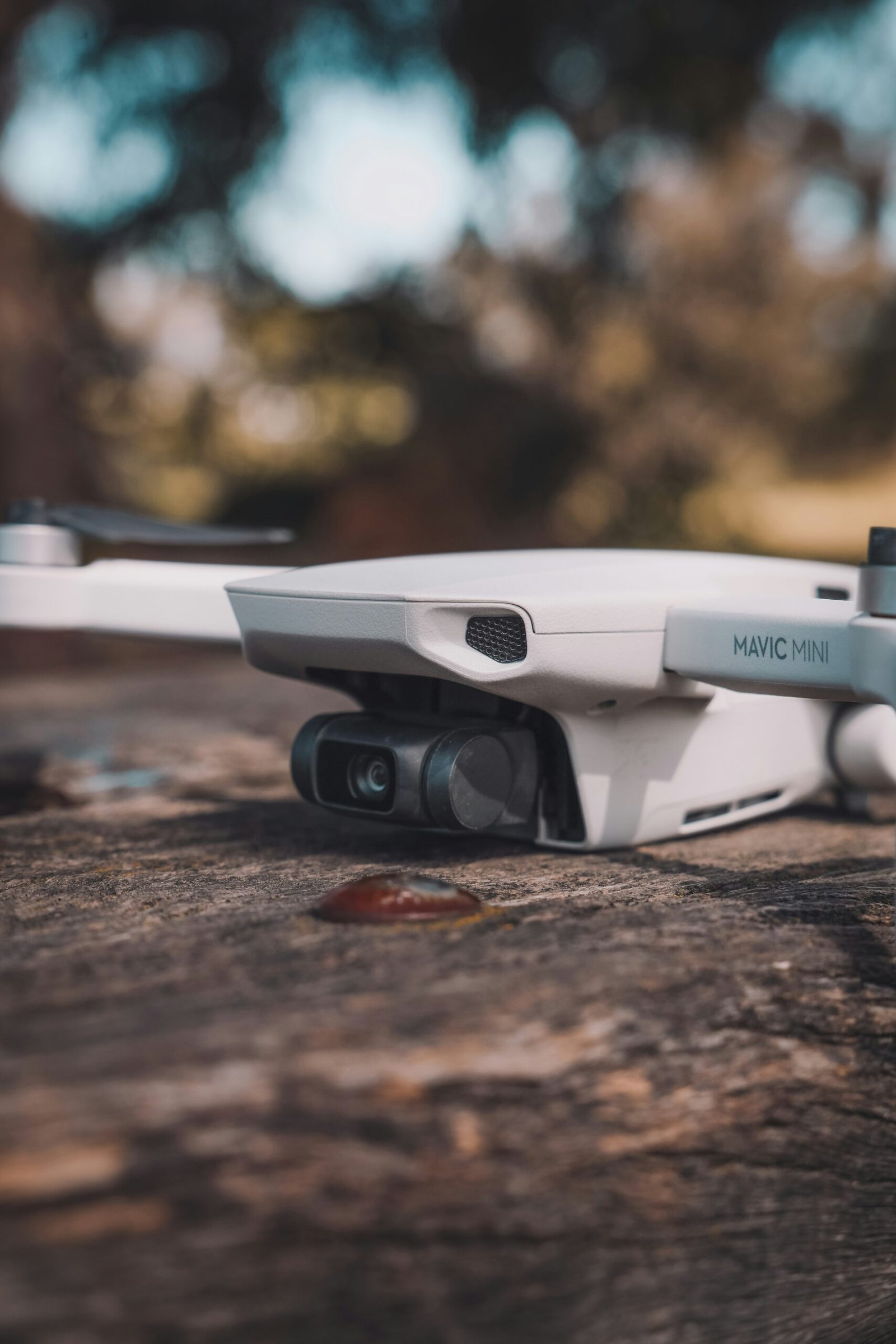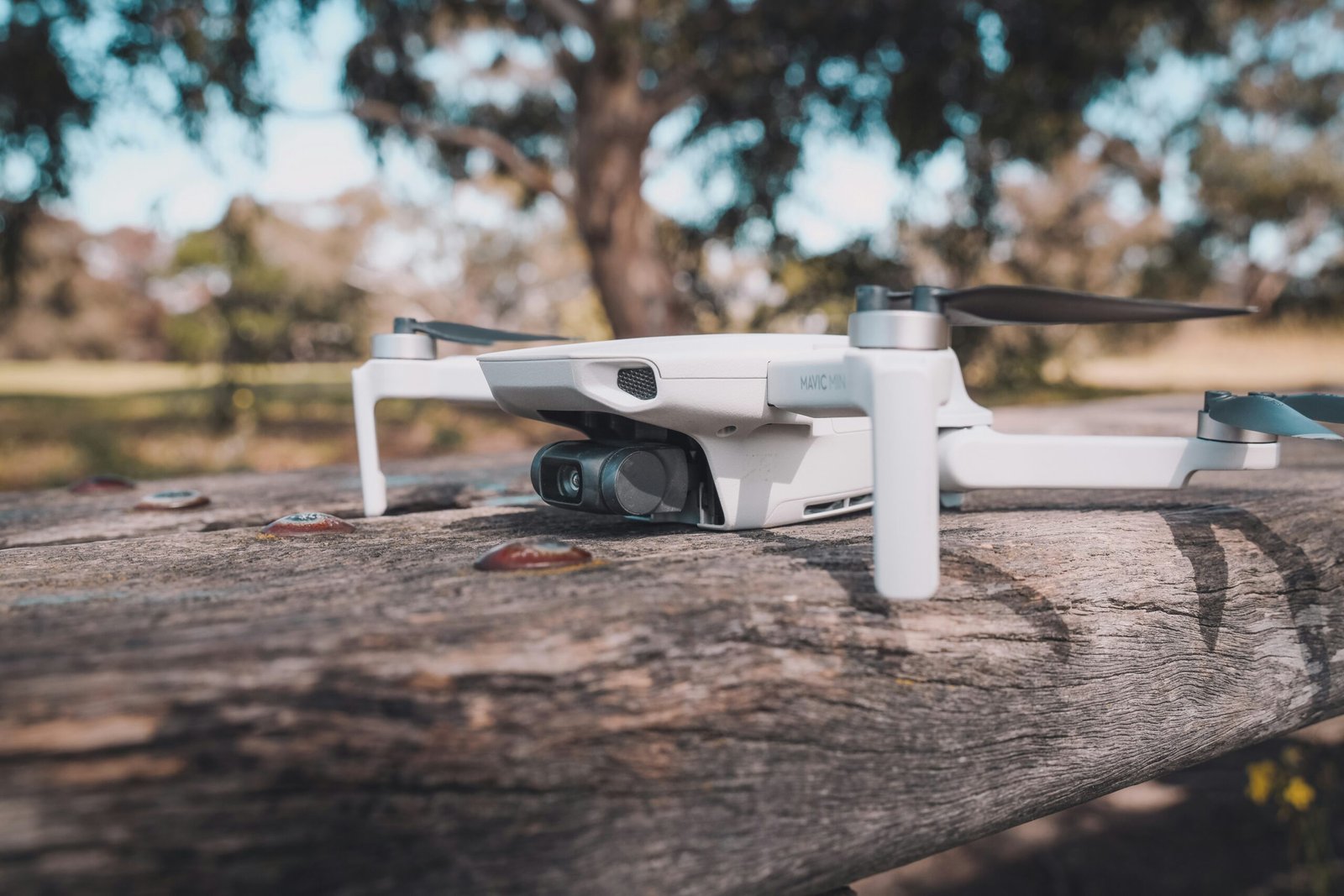Welcome to the world of espionage! In this article, we will be delving into the differences between wired and wireless spy equipment. From the ease of installation to the level of security, we will explore the pros and cons of each type of equipment to help you determine which is best suited for your spying needs. Whether you’re a professional investigator or a curious hobbyist, understanding the distinctions between wired and wireless spy gear will surely enhance your surveillance capabilities. Let’s dive in and discover the nuances of these two methods of espionage!
Have you ever wondered about the differences between wired and wireless spy equipment?
When it comes to surveillance, choosing between wired and wireless spy equipment can be a tough decision. Each type has its own set of advantages and disadvantages that you need to consider before making a purchase. In this comprehensive comparison, we will delve into the world of spy equipment to help you make an informed decision.

This image is property of images.unsplash.com.
What is Wired Spy Equipment?
Wired spy equipment is any surveillance device that must be physically connected to a power source or a recording device via a wire. This type of equipment often requires a more complex installation process, but it can provide a reliable and stable connection for monitoring activities.
Wired spy equipment typically includes cameras, microphones, and other surveillance devices that require a direct connection to a recording device or monitor. These devices are often used in situations where a constant power source is available and where a secure and uninterrupted connection is critical.
What are the Pros and Cons of Wired Spy Equipment?
-
Pros:
- Reliability: Wired spy equipment usually provides a stable and secure connection for monitoring activities.
- Uninterrupted Power: Since wired devices are connected to a power source, they do not rely on batteries for operation.
- Low Interference: Wired connections are less prone to interference from other devices or electronic signals.
-
Cons:
- Limited Mobility: Wired spy equipment is restricted by the length of the cables, limiting their placement options.
- Complex Installation: Setting up wired equipment can be more challenging and time-consuming compared to wireless devices.
- Potential Damage: Cables can be easily damaged or tampered with, compromising the surveillance system.

This image is property of images.unsplash.com.
What is Wireless Spy Equipment?
Wireless spy equipment, on the other hand, utilizes radio signals or WiFi technology to transmit surveillance data to a recording device or monitor without the need for physical cables. These devices offer more flexibility in terms of placement and installation, making them popular choices for covert surveillance operations.
Wireless spy equipment includes cameras, microphones, and other surveillance devices that can transmit audio and video data wirelessly to a receiver or monitor. These devices are commonly used in situations where mobility and discretion are essential.
What are the Pros and Cons of Wireless Spy Equipment?
-
Pros:
- Flexibility: Wireless spy equipment offers greater mobility and flexibility in terms of placement and installation.
- Easy Installation: Setting up wireless devices is usually simpler and faster compared to wired equipment.
- Remote Access: Some wireless devices allow remote monitoring and control via a smartphone or computer.
-
Cons:
- Interference: Wireless signals can be susceptible to interference from other electronic devices or physical obstacles.
- Battery Dependent: Many wireless devices rely on batteries for power, which may need frequent replacements or recharging.
- Security Concerns: Wireless transmissions can be intercepted or hacked, posing a privacy risk for the user.

This image is property of images.unsplash.com.
Which Type of Spy Equipment is Right for You?
When choosing between wired and wireless spy equipment, consider the specific needs and requirements of your surveillance operation. Here are some factors to help you determine which type is right for you:
Consider Your Surveillance Needs
- If you require a discreet and portable surveillance solution for on-the-go monitoring, wireless spy equipment may be more suitable for your needs.
- If you need a continuous and reliable monitoring system that does not rely on batteries or wireless signals, wired spy equipment may be the better option.
Evaluate the Installation Process
- If you prefer a quick and easy setup process with minimal cables and connections, wireless spy equipment may be the ideal choice.
- If you are willing to invest time and effort in a more complex installation process to ensure a stable and secure connection, wired spy equipment may be more suitable.
Analyze the Environment
- Consider the physical environment where the surveillance equipment will be installed, including potential obstacles, interference sources, and power availability.
- Assess the risks of interference, signal disruptions, or security breaches based on the specific location and conditions of your surveillance operation.
Test the Performance
- Conduct a thorough evaluation of the performance and reliability of both wired and wireless spy equipment in different scenarios and conditions.
- Compare the video quality, audio clarity, transmission range, and overall functionality of each type of equipment to determine which one meets your surveillance objectives.
Conclusion
In conclusion, the choice between wired and wireless spy equipment ultimately depends on your specific surveillance needs, installation preferences, environmental considerations, and performance requirements. Both types of equipment have their own set of advantages and disadvantages that you need to carefully weigh before making a decision.
By considering the pros and cons of wired and wireless spy equipment, evaluating your surveillance needs, assessing the installation process, analyzing the environment, and testing the performance of each type, you can make an informed choice that best suits your surveillance operation. Remember to prioritize reliability, security, and functionality when selecting spy equipment for your monitoring needs.
